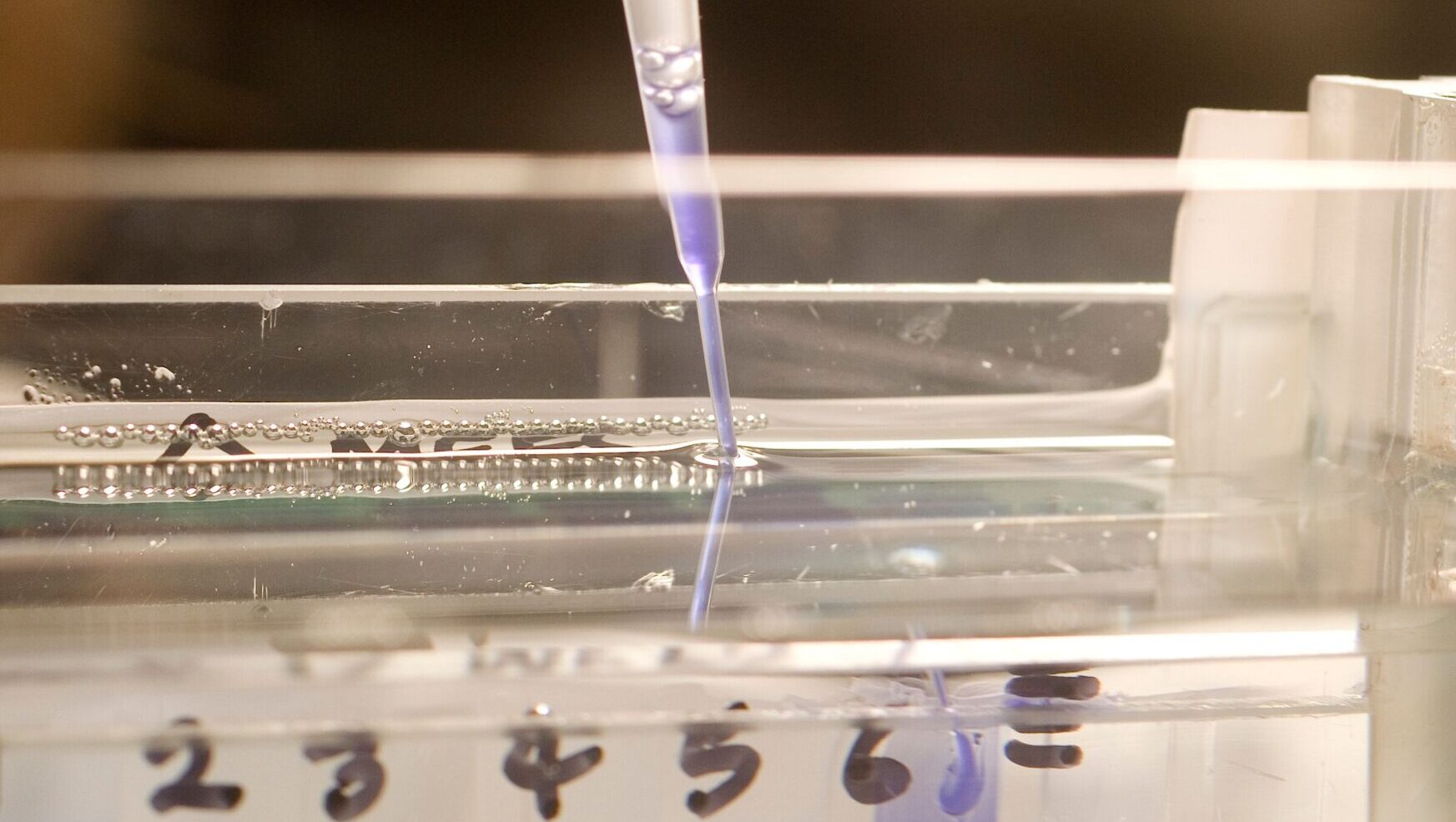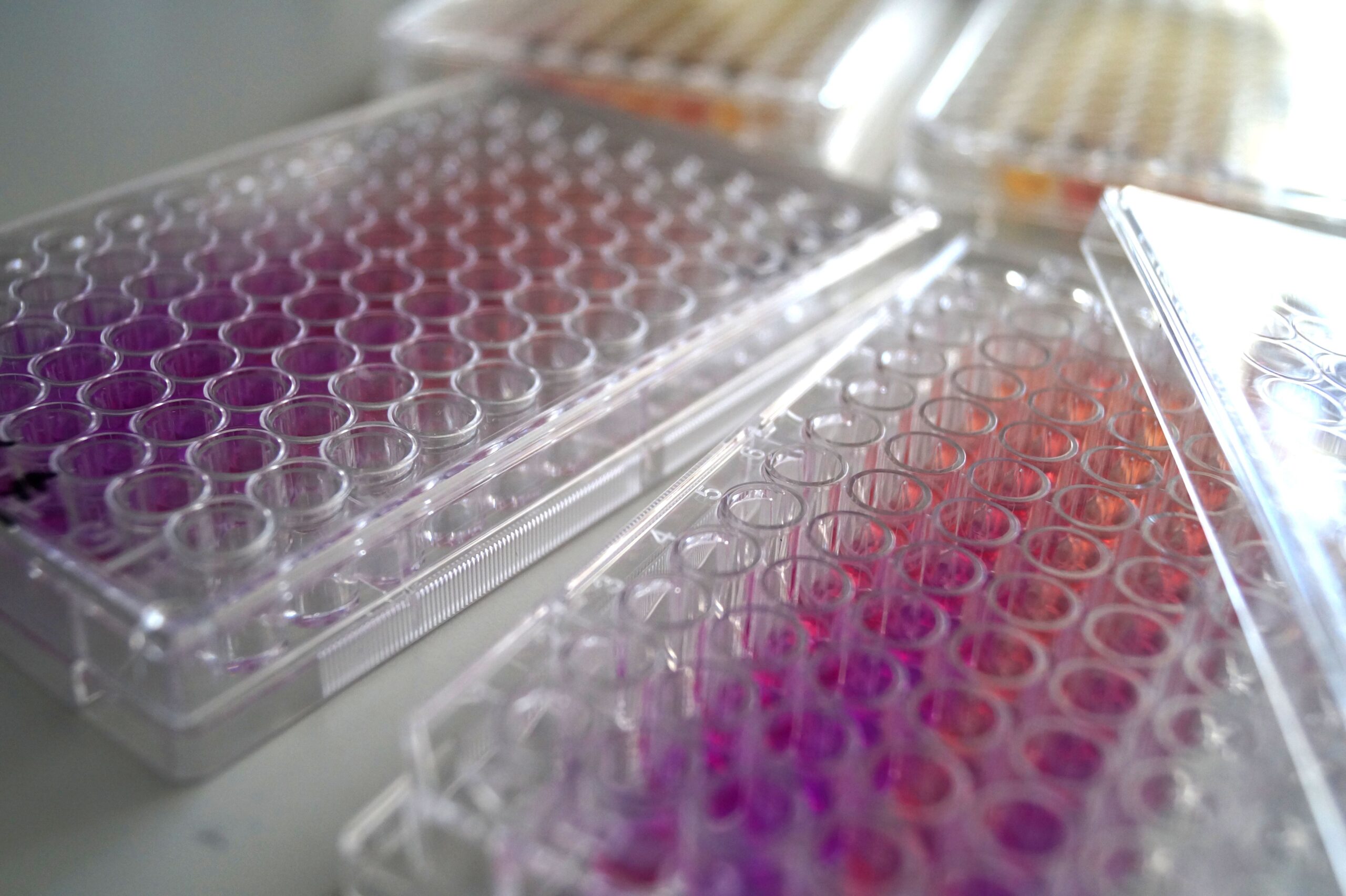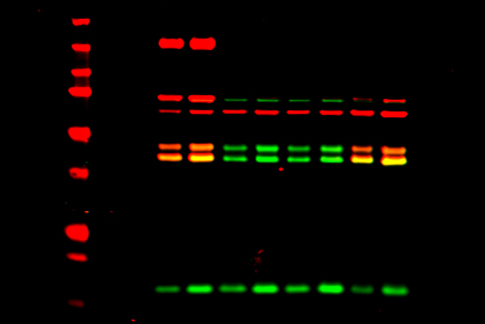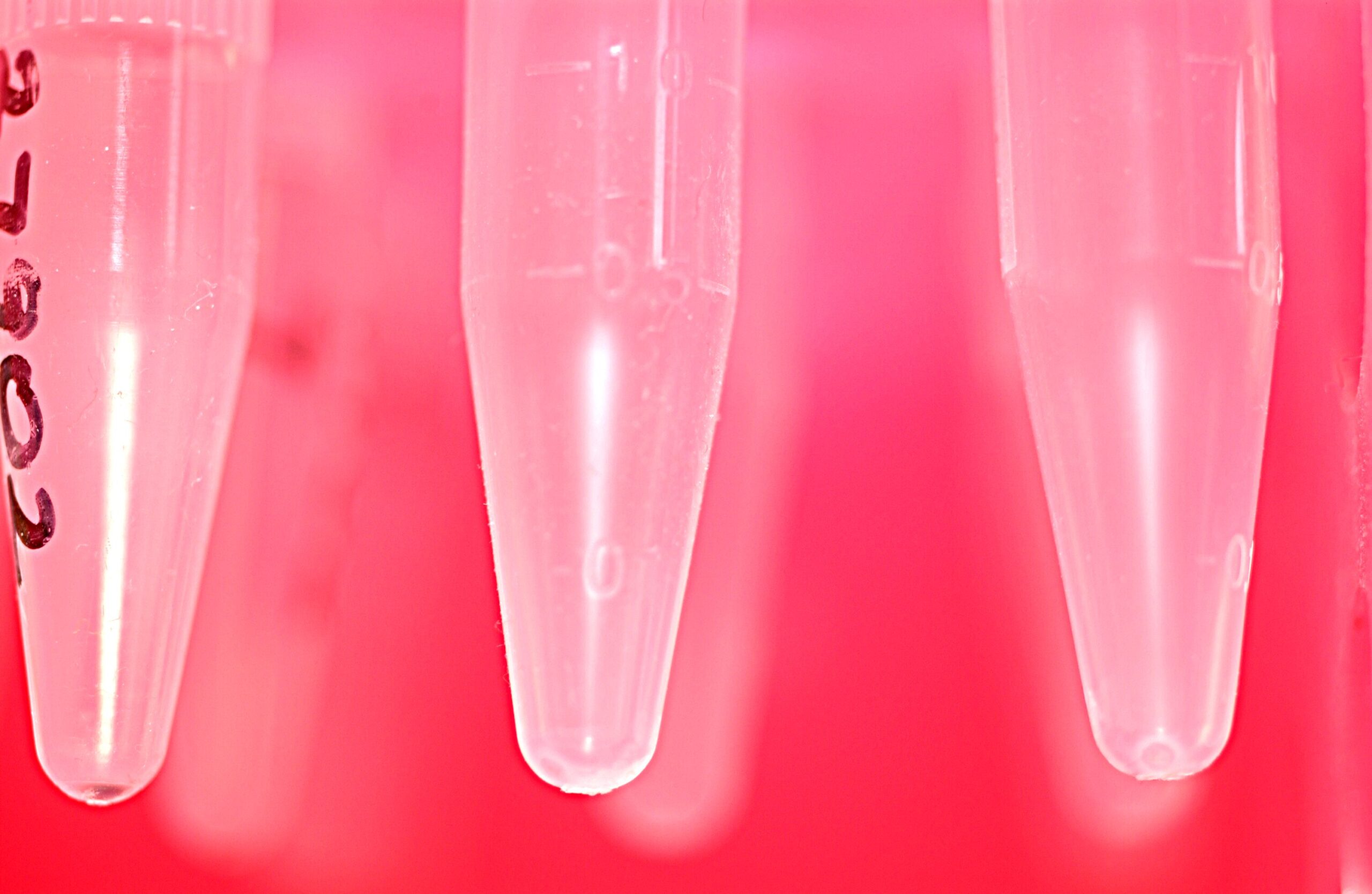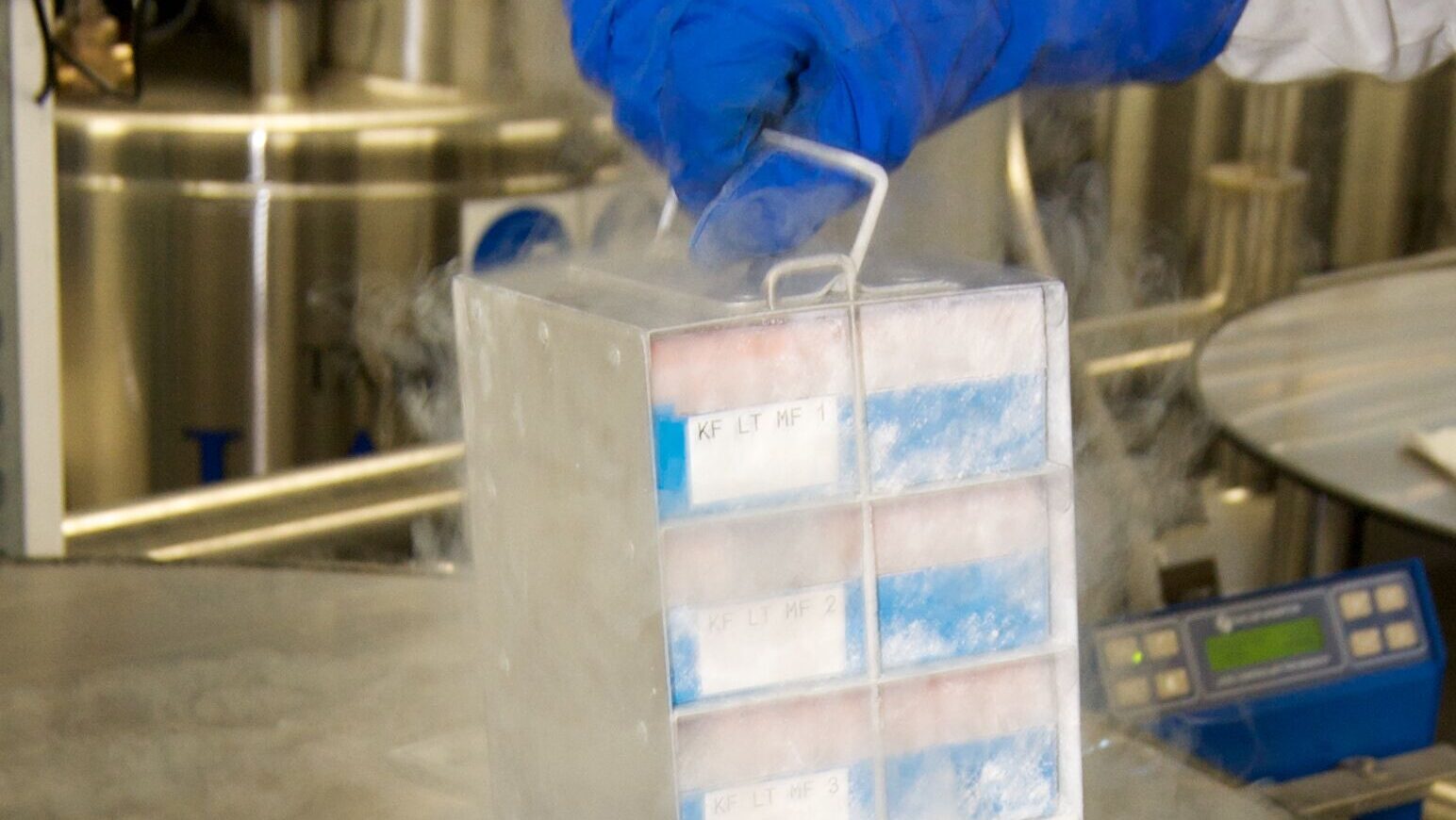Research instrumentation and cell services
Housing an extensive range of high-end equipment, specialised cell services and technical expertise required for day-to-day experiments.
The Research Instrumentation and Cell Services Core (RICS) provides access to a wide range of state-of-the-art equipment and specialised cell services.
Our lab offers technical and scientific support and training for all equipment currently housed within the Core, as well as in all aspects of cell and tissue culture. We also provide access, tracking and storage of cell lines for all research and core groups, and routine cell culture quality control testing (mycoplasma/sterility testing and cell line authentication). We regularly optimise current or new techniques for our instruments and services, and horizon scan to maximise the quality of data that we can generate.

Dr Jane Gray
Core Facility Manager
Equipment, applications and services
Team members
-

Jane Gray
Core Facility Manager
-

Ian Hall
Principal Scientific Associate
-
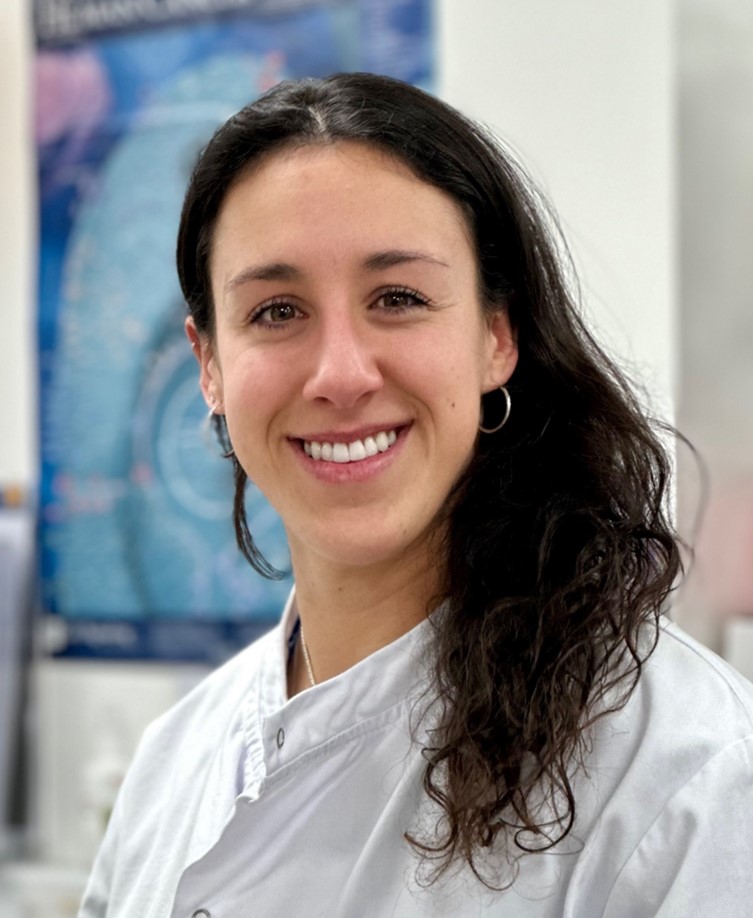
MJ Brown
Principle Scientific Associate
-
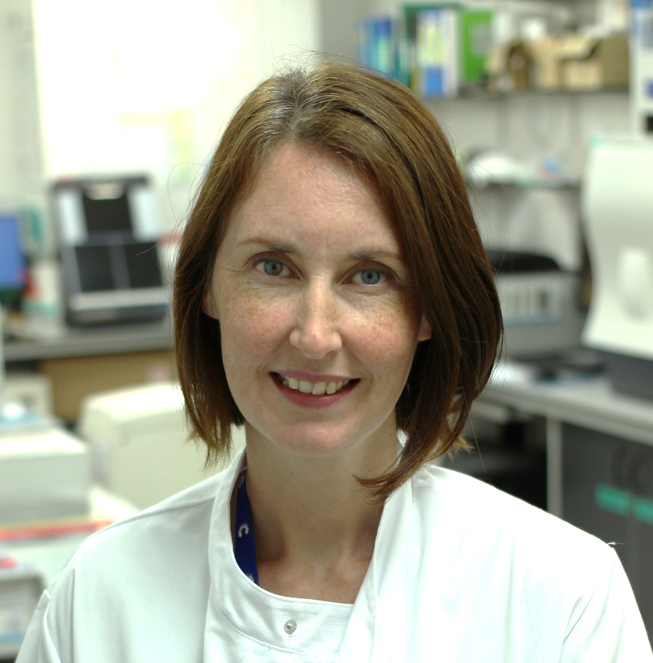
Loraine Foley
Scientific Associate
-
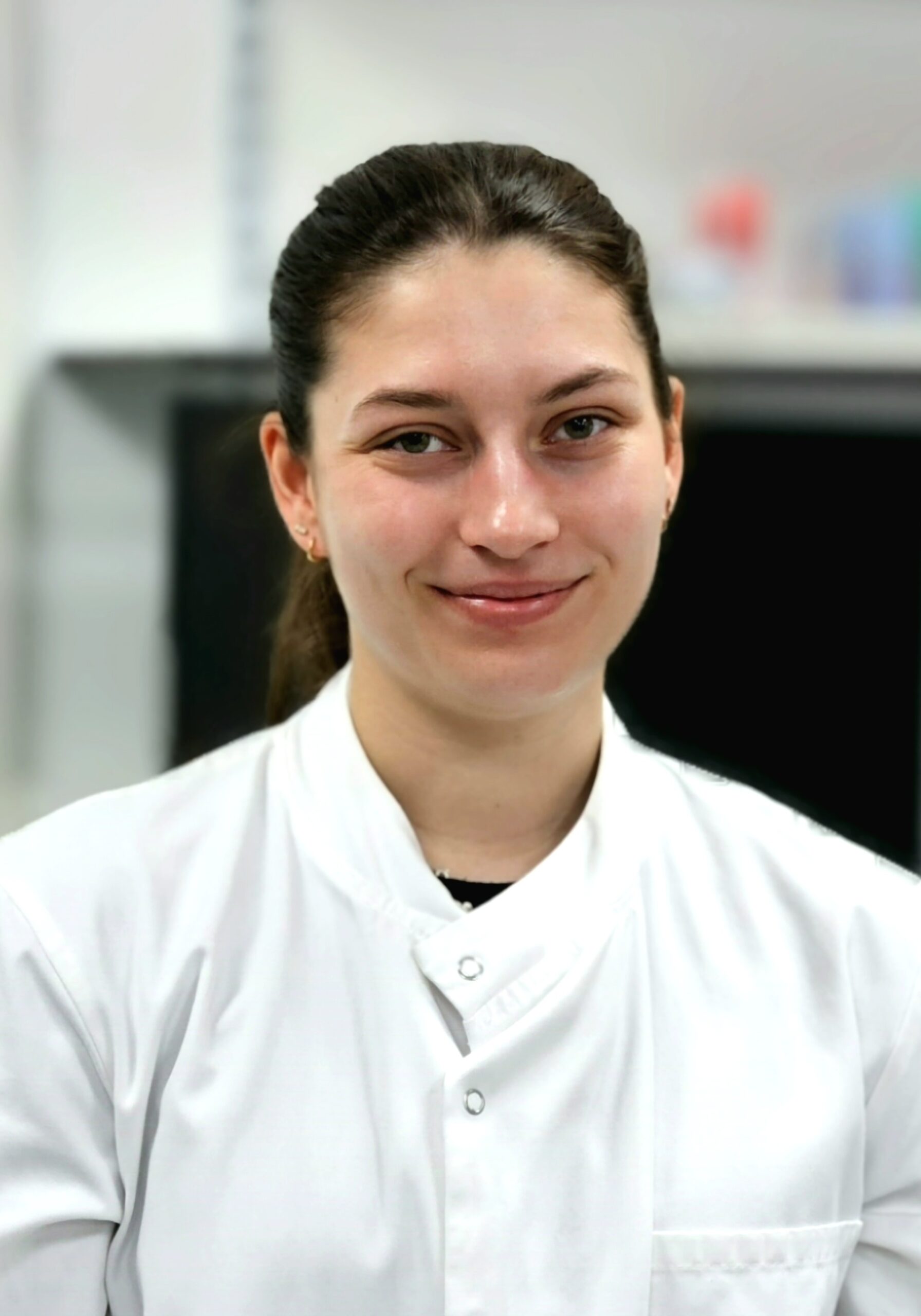
Caitlin Hewson
Research Assistant
-
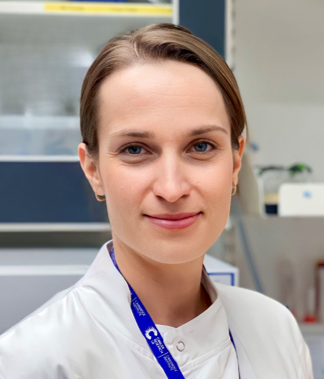
Natalia Franciosi
Research Assistant
-
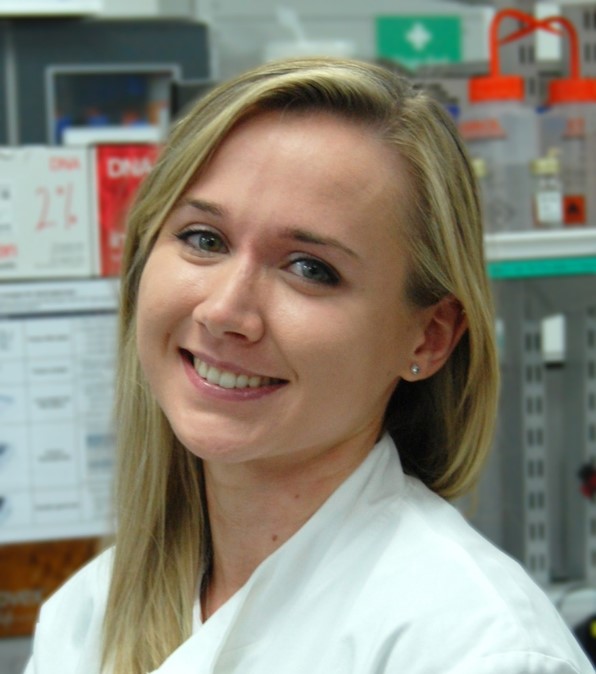
Nicola Clark
Research Assistant
-
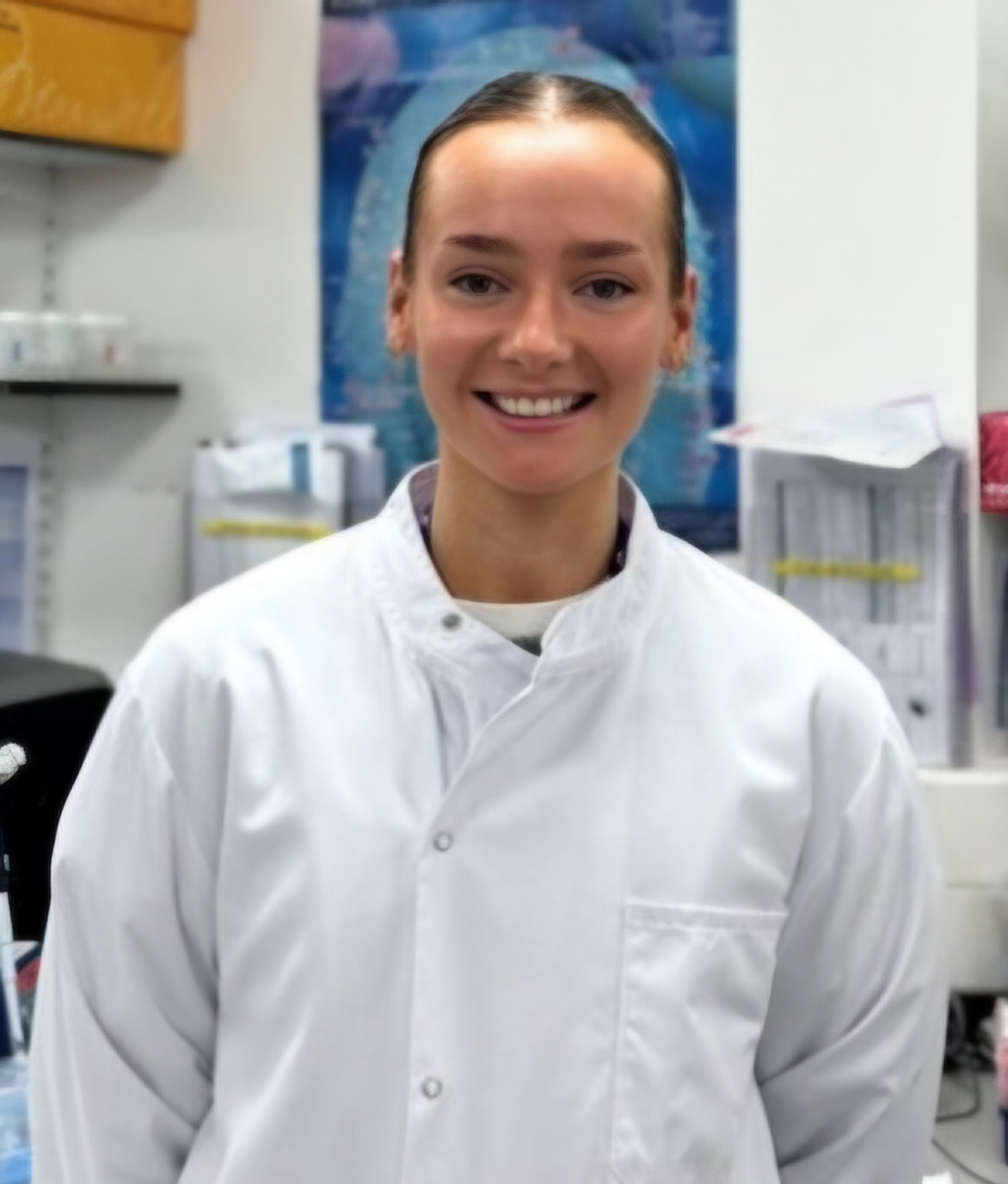
Emma Kilcullen
Research Assistant
Related News
See all news-

Institute scientists uncover molecular switch that drives pancreatic cancer progression
30th October 2025
New research from our Carroll Group has identified a molecular mechanism that helps explain how pancreatic ductal adenocarcinoma progresses, offering a potential path toward more targeted treatments.
Find out more -
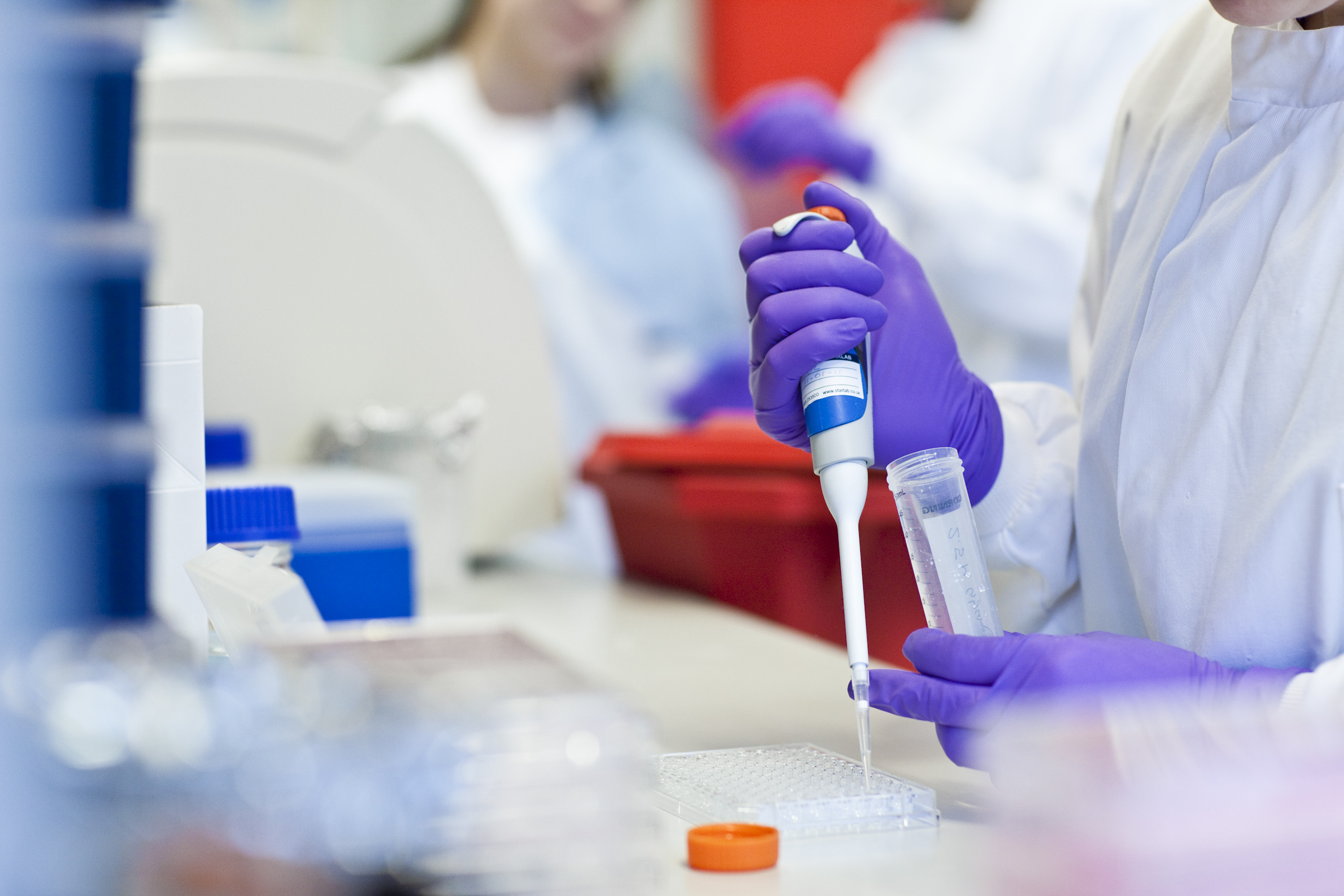
Single-cell study sheds new light on why ovarian cancer becomes resistant to chemotherapy
11th August 2025
Researchers at the Cancer Research UK Cambridge Institute and Stanford University have mapped how ovarian cancer cells respond to chemotherapy at an unprecedented level of detail, offering new insights into why treatment resistance develops.
Find out more -
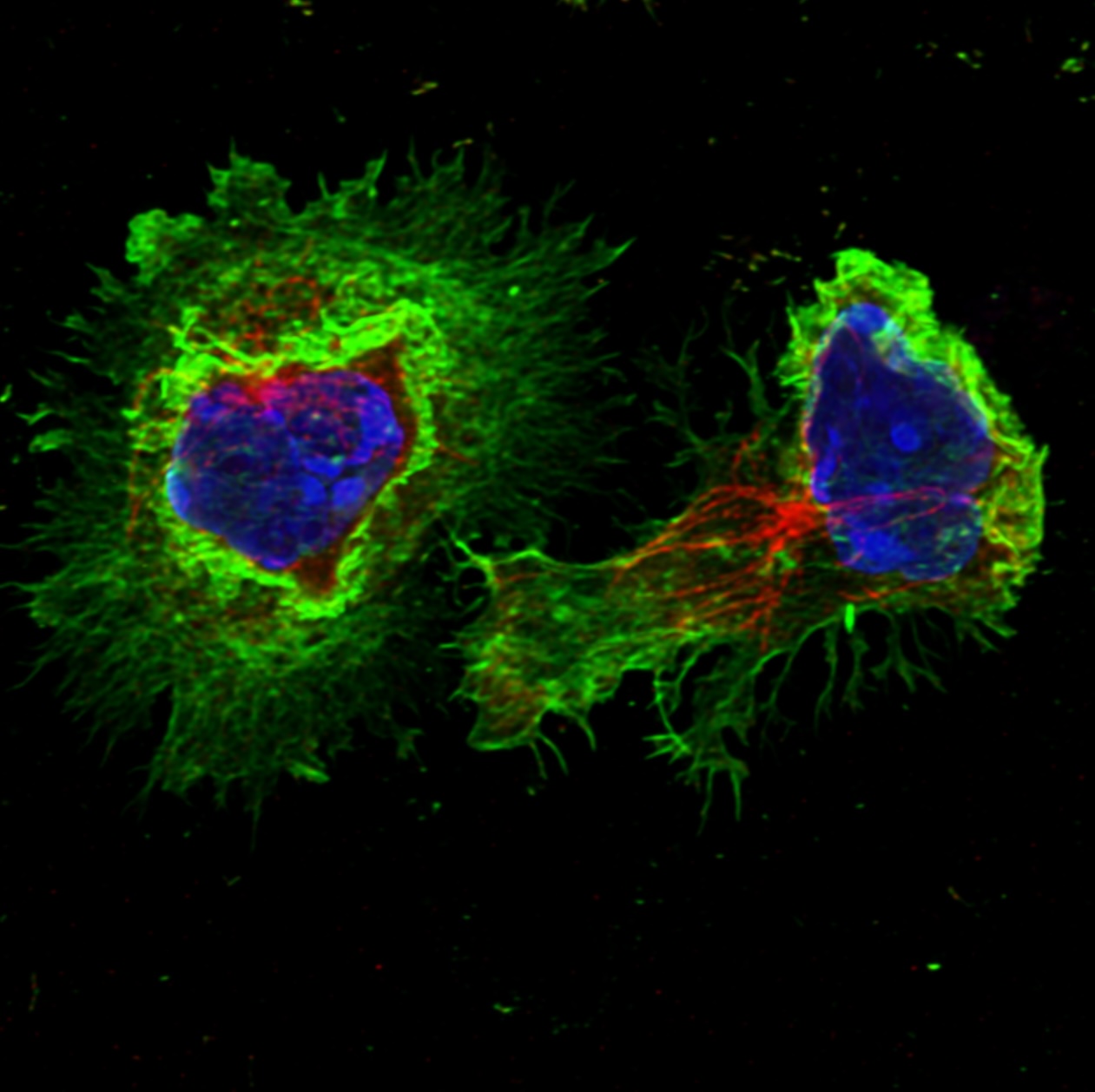
New clue discovered for why some cancer drugs fall short
11th July 2025
Hedgehog signalling plays a key role in controlling how immune cells migrate into tumours, a discovery that may explain why some cancer drugs have underperformed in clinical trials.
Read more
Laboratory Efficiency Assessment Framework (LEAF)
Research Instrumentation and Cell Services contributed to the Institute’s LEAF Silver accreditation, see the Sustainability webpage for more information.
